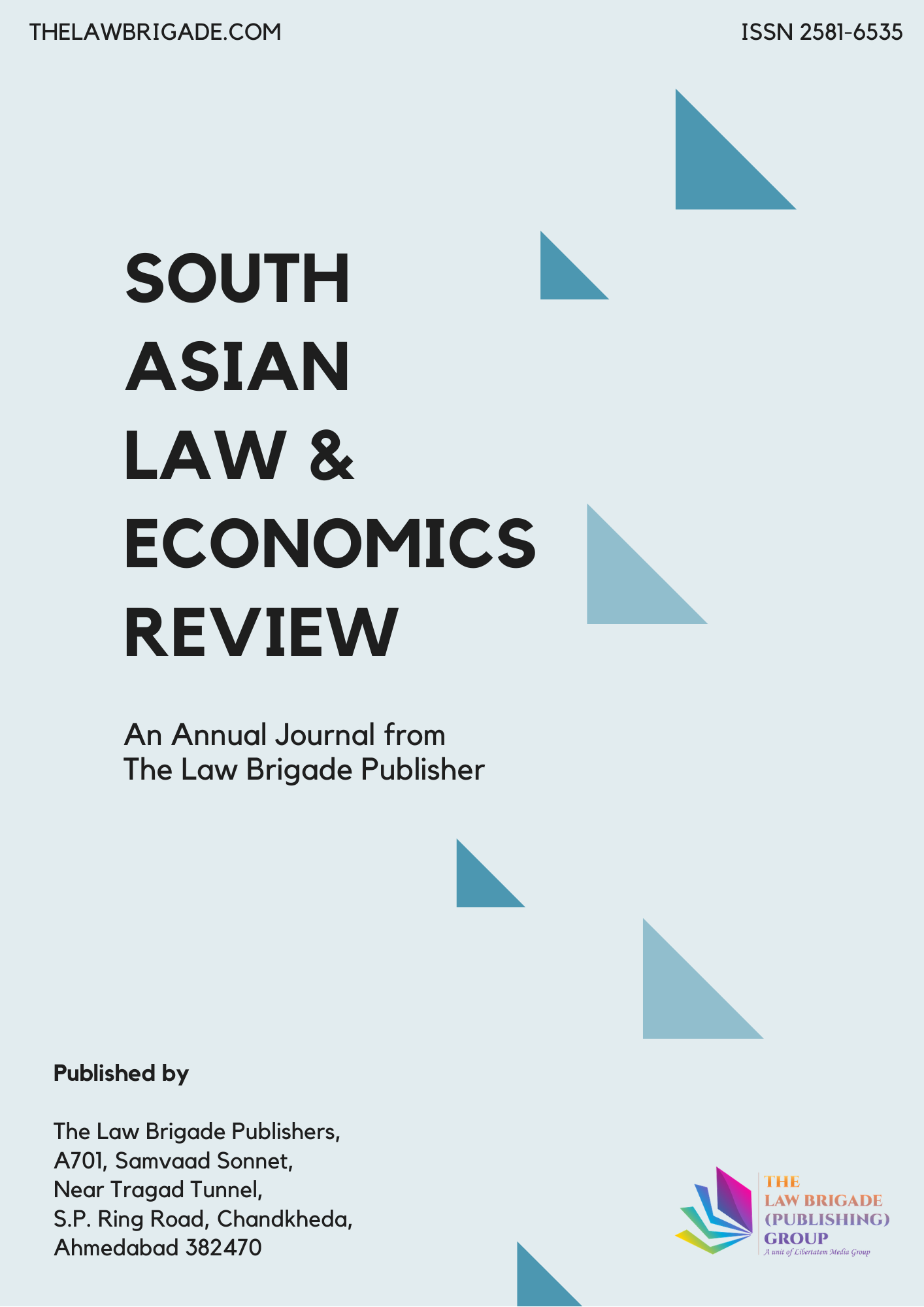The world is developing day by day economically and technologically. Trading between many countries have increased a lot due to this globalization. To stay in the race, the developed countries have given GSP benefit to the developing countries. Bangladesh is not an exception to this benefit. In this paper, we have discussed how GSP is giving benefit to the developing countries and what influential component it carries and how the withdrawal of GSP cause problem for developing countries. I have focused about the new EU’s GSP+ scheme form the viewpoint of Bangladesh. The existing gaps still prevailing in the labour laws of Bangladesh. Finally, the Bangladesh’s plan whether to go with new GSP+ scheme or make alternative plan to cope up in the race of international trade.
GSP, GSP+ and Developing Countries: Withdrawal and Its Implications and the Future of Bangladesh
Publication Information
Journal Title: South Asian Law & Economics Review
Author(s): Mehadi Hasan
Published On: 31/10/2023
Volume: 8
First Page: 177
Last Page: 205
ISSN: 2581-6535
Publisher: The Law Brigade Publisher
DOI: doi.org/10.55662/SALER.2023.805
Cite this Article
Mehadi Hasan, GSP, GSP+ and Developing Countries: Withdrawal and Its Implications and the Future of Bangladesh, Volume 8, South Asian Law & Economics Review, 177-205, Published on 31/10/2023, doi.org/10.55662/SALER.2023.805 Available at https://saler.thelawbrigade.com/article/gsp-gsp-and-developing-countries-withdrawal-and-its-implications-and-the-future-of-bangladesh/
Abstract
Keywords: GSP+, developing countries, developed countries, benefits, withdrawal, EU, measures, political, preference, system, FTA, PTA and trade
Share this research
© 2015 - 2024 All Rights Reserved by The Law Brigade Publishers
Latest Publications
March 29, 2024
January 11, 2024





